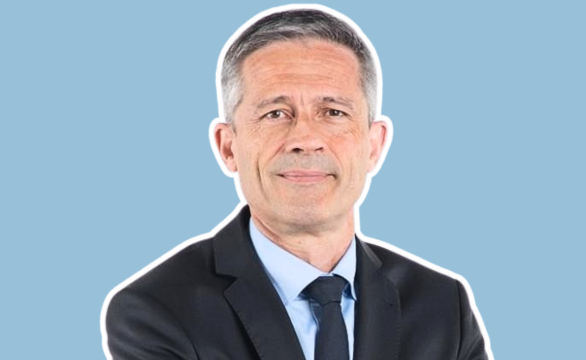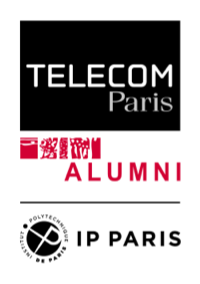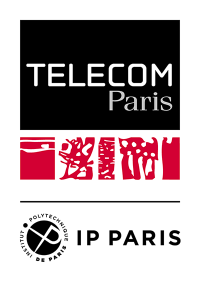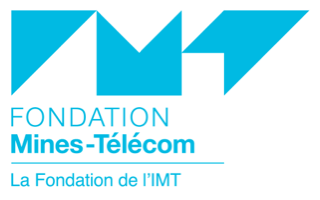News

Maxime Aymonod (2015)
What's your career path since graduating from Télécom Paris?
In my last year at Télécom, I studied at Stanford in California, where I obtained a double degree. I then joined an American start-up and lived the typical Silicon Valley experience, where I learned a lot. After that, I joined McKinsey in San Francisco, where I spent four years. I went on to complete my MBA at Harvard in 2020. Recently, I set up my own company: a search fund.
On a personal note, I recently got married to a classmate I met during the MBA program and we now live in San Francisco.
What has Télécom Paris done for you?
Télécom Paris gave me an analytical capacity for reasoning and structuring problems, and an intellectual rigor that has served me well ever since. The international outlook and integration with private companies had also left a strong impression on me during my Telecom years.
Why are you involved with the Télécom Paris Alumni Association?
I'm involved with the Télécom Paris alumni association to give back and enable students to benefit from the same opportunities I had. It's also a great way to connect with other alumni and share good memories.
What digital innovation made the biggest impression on you as a student?
I think the digital innovation that had the biggest impact on me as a student was the advent of smartphones. They have totally transformed our lives: the way we communicate, the way we consume media, the way we get around, and so on. They have enabled the emergence of new economies in the space of a decade.
What's the latest digital innovation that's caught your attention?
I'm impressed by the speed at which AI is progressing and the benefits it can bring to society. I'm proud that AI was already on the agenda at Telecom 10 years ago!
At the same time, I'm a little frightened by the speed at which AI is evolving. I think it's important that we think through the ethical and social implications to ensure that these technologies are used for the common good. I hope that regulators will strike a balance between over-regulating AI and allowing it total freedom. Overly restrictive regulation could hamper innovation and prevent European companies from catching up with their American and Chinese counterparts.
What technology do you dream of one day making a reality?
I'd like to see advances in personalized medicine; this is a medical approach that uses a patient's genetic and lifestyle information to personalize treatment and healthcare. It's still in its infancy, but I think precision medicine has the potential to improve the quality of life for all of us.
What's your next personal or professional challenge?
On the professional front, I recently launched a search fund: Alpex Capital. This is a business financing model that originated in the USA, in which an entrepreneur - me in this case - raises funds from investors to search for and acquire a profitable business to run. After the acquisition, the aim is to take over the management of the business with a view to growing it. Research funds are used to acquire small and medium-sized companies.
I'm looking for an SME, with between 20 and 100 employees, to acquire in the healthcare or technology sector. I'm open to suggestions, particularly in the USA, but also in Europe. Contact me if you have any leads!
 2
2













